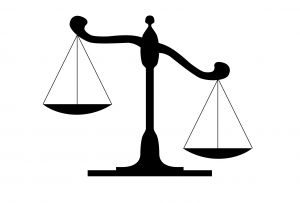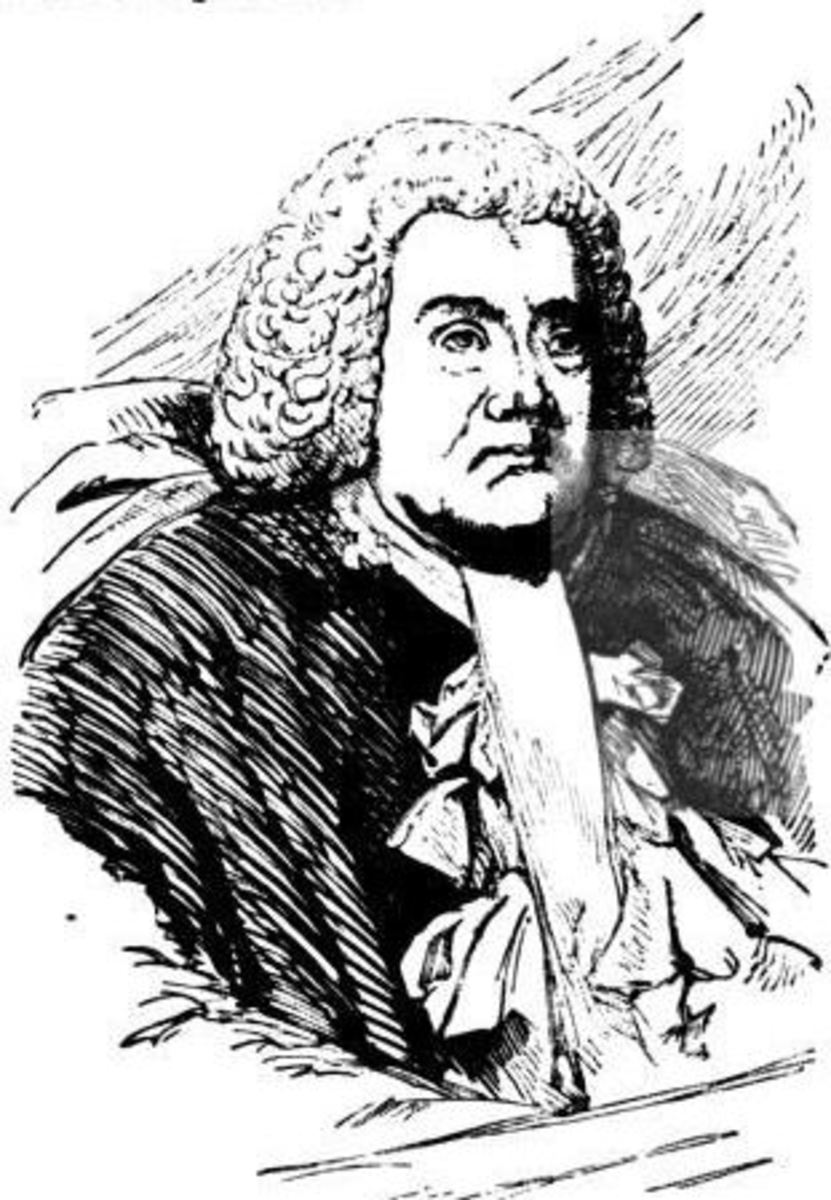An Introduction to UK Criminal Law

Introduction
In this brief overview to UK criminal law, we look at why we have criminal law in the first place, and then move on to define what constitutes a crime.The article then examines the way we classify different types of crime, and what it takes to prove a crime.
Why do we have Criminal Law?
Criminal Law has three main objectives: to protect people, to maintain order in society, and to punish criminals. Some believe that Criminal Law should also enforce moral values, but this is controversial, and there basically two schools of thought as represented by the Wolfenden Committee and Lord Devlin:
- The Wolfenden Committee in 1957 determined that law should only interfere with private lives in order to preserve public order and protect citizens
- Lord Devlin’s, ‘Enforcement of Morals’ in 1965 stated that, ‘there are acts so gross and outrageous that they must be prevented at any cost.’
This basic difference in views is unresolved, and this is illustrated by the inconsistent sentencing of those brought to trials for engaging in mutually agreed sado-masochistic activities – there are examples of convictions for assault causing actual bodily harm, and others where S&M defendants have been found not guilty.
Law Links
- What is Strict Liability?
Strict liability is an interesting concept in criminal law. In some crimes there is a guilty act (actus reus)which has an identified consequence, but the defendant did not know about, or intend for that... - Elements of a Criminal Offense
Usually a person can’t be found guilty of a criminal offense unless both actus reus (guilty act) and mens rea (guilty mind) are present. We covered actus reus in a previous article, and now we will go on to...
What is considered a crime?
A crime is anything that
the State has determined as being criminal and punishable. Thus there is a big
variation in the definition of crimes between countries, as the governments’
different values are reflected within their laws. Furthermore, within a country
the definitions of crimes change as their values change over time.
If you take a look at the age of consent in various countries you will see a significant difference as to below what age it is considered criminal to engage in sex. For differences in what is considered criminal changing within a country just take a look at booming pornography industry under the Clinton administration, and the legal problems it faced under the Bush administration. Another example is the evolving acceptance of homosexuality in Western countries as it is shifted from criminal, to lower and lower ages of consent, through to gay marriage.
However, not all criminal law is passed by the state: sometimes the rulings of judges create new criminal definitions by creating a consistent case history that creates a new criminal classification, as it did in the case of marital rape.
For almost all crimes both actus reus and mens rea must be present. The actus reus is the physical element of the crime, it basically means the guilty act itself. The mens rea is the guilty mind that must also be present. Without a wrongful state of mind a wrongful act is not criminal. The exception to this rule is crimes of Strict Liability for which no guilty mind is required.
How are crimes classified?
There are many different types of crimes, and many ways to classify them.
Classifying Crimes: The Method Used by Criminals, Attorneys and Prosecutors
Crimes are tried in different ways, and can be classified as such:
- “Indictable Offences” – theses are tried on indictment at the Crown Court, and include serious crimes like murder and rape
- “Triable Either Way” – theses are tried on indictment at the Crown Court or at the Magistrates Court, and include crimes such as burglary, theft and some forms of assault
- “Summary Offences” – these are tried only at the Magistrates Court, and cover crimes that have less than GBP5,000 of damage in terms of cost, and offences such as common assault
Classifying Crimes: The Method Used by Academics
Another way to classify crimes is by their source, but such a classification is more the concern of law professors, than a practical one. The sources of crimes are:
- “Common Law” - these are made by judges
- “Statutory” - these are defined in an Act of Parliament
- Regulatory – these are defined in delegated legislation
Classifying Crimes: The Method Used by Policemen
Whilst academics have their classification, the police tend to look at crimes in terms of what their powers are in relation to the treatment of suspects:
- “Serious Arrestable Offences” – Police can detain the suspect for 36 hours, extended up to 96 with the permission of magistrates. Crimes such as rape, murder and manslaughter fall under this category
- “Arrestable Offences” – these are defined in the Criminal Justice Act of 1967 and cover any offence with a sentence fixed by law, any offence where the maximum sentence is in excess of five years, and any crime which Parliament makes arrestable
- Non-arrestable offences
Classifying Crimes: The Victim’s Perspective
There are three main categories when one considers the harm done by the crime:
- A crime against a person
- A crime against property
- A crime against public order
How do you prove a crime?
It is down to the prosecution to prove that a crime has been committed, and the defendant is presumed innocent until proven guilty. The prosecution must demonstrate both actus reus and mens rea, and the proof must be ‘beyond reasonable doubt.’
Whilst the defendant is not obliged to raise a defense it is typical for them to do so, the prosecutor must then set out to negate this defense. For example, if a defendant states that a vehicle ran over the victim accidentally, a prosecutor seeking a conviction for murder may set out to prove it was intentional. There are, however, some defenses that the defendant must make, for example, if he is pleading insanity.
A Lighthearted Look at Mens Rea
Criminal Law Links
- Defending your rights in the criminal justice system
If you are charged with a crime, you are up against the unlimited resources of the US government, and those resources will be used in full against you. Defending your rights under the criminal justice system is a serious challenge.







